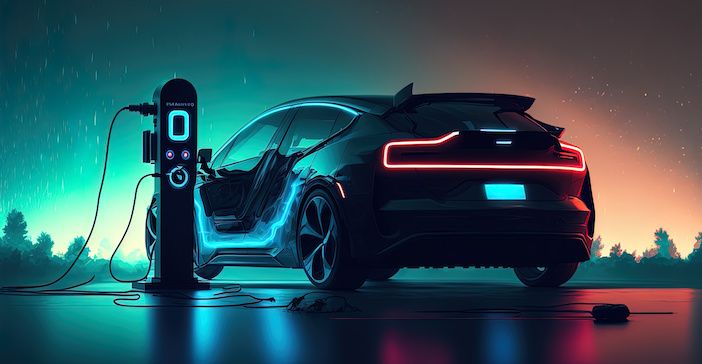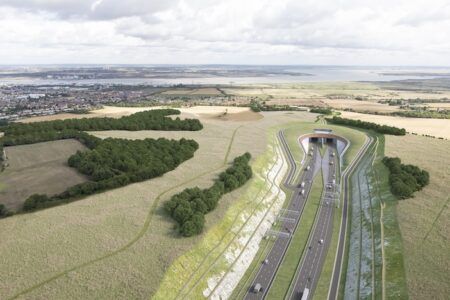The Biden-Harris Administration has announced US$623m in grants to help build out an electric vehicle (EV) charging network across the US, which will ensure more drivers can charge their EVs where they live, work, and shop.
This is a critical part of the Biden Administration’s goal of building out a convenient, affordable, reliable and made-in-America national network of EV chargers, including at least 500,000 publicly available chargers by 2030.
Over the past two years EV sales have more than quadrupled, the number of publicly available charging ports has grown by nearly 70%, and more than four million EVs are now on the road.
Spurred by the President’s investments, private companies have announced more than US$155bn in the EV and battery supply chain under the Biden-Harris Administration. EVs are critical to our rapid and equitable transition to clean transportation systems, producing zero tailpipe emissions, reducing air pollution and greenhouse gas emissions.
The grants being announced are made possible by the Bipartisan Infrastructure Law’s US$2.5bn Charging and Fueling Infrastructure (CFI) Discretionary Grant Program, a competitive funding program, and will fund 47 EV charging and alternative-fueling infrastructure projects in 22 states and Puerto Rico, including the construction of approximately 7,500 EV charging ports.
The CFI program complements the US$5bn National Electric Vehicle Infrastructure (NEVI) formula program to build the “backbone” of high-speed EV chargers along the nation’s highways. Thanks to the NEVI program, new charging stations in Ohio and New York have opened, and states like Pennsylvania and Maine have broken ground.
“America led the arrival of the automotive era, and now we have a chance to lead the world in the EV revolution – securing jobs, savings, and benefits for Americans in the process,” said US Transportation Secretary Pete Buttigieg. “This funding will help ensure that EV chargers are accessible, reliable, and convenient for American drivers, while creating jobs in charger manufacturing, installation, and maintenance for American workers.”
As part of the announcements, the Federal Highway Administration is awarding US$311m to 36 “community” projects, including two Indian Tribes in Alaska and Arizona. These projects invest in EV charging and hydrogen fueling infrastructure in urban and rural communities, including at convenient and high-use locations like schools, parks, libraries, multi-family housing, and more.
Another US$312m in funding will go to 11 “corridor” recipients whose projects are located along roadways designated as Alternative Fuel Corridors. These projects will fill gaps in the core national charging and alternative-fueling network.
The CFI Program advances President Biden’s Justice40 Initiative, which set a goal that 40% of the overall benefits of federal investments flow to disadvantaged communities that are marginalized by underinvestment and overburdened by pollution. More than 70% of the CFI funding announced today will support project sites in disadvantaged communities.
“The Federal Highway Administration is pleased to announce these grants that will bring EV charging and alternative fuels to people and communities all across the nation,” explained Federal Highway Administrator Shailen Bhatt. “These investments through the CFI Program will grow our national EV charging network, support President Biden’s goals of achieving net-zero emissions for the nation by 2050 and promote opportunity for all Americans to enjoy the benefits of EV charging.”
To provide a consistent charging experience for users that ensures a convenient, affordable and reliable national charging network, EV chargers constructed with CFI funds must adhere to the same minimum standards established for NEVI-funded chargers – including requirements that CFI-funded chargers are Made in America as well as installed and maintained in accordance with strong workforce standards.
FHWA is working closely with the Joint Office of Energy and Transportation, providing technical assistance on planning and implementation of a national network of electric vehicle chargers and zero-emission fueling infrastructure.
To read the full list of grant recipients, click here.





